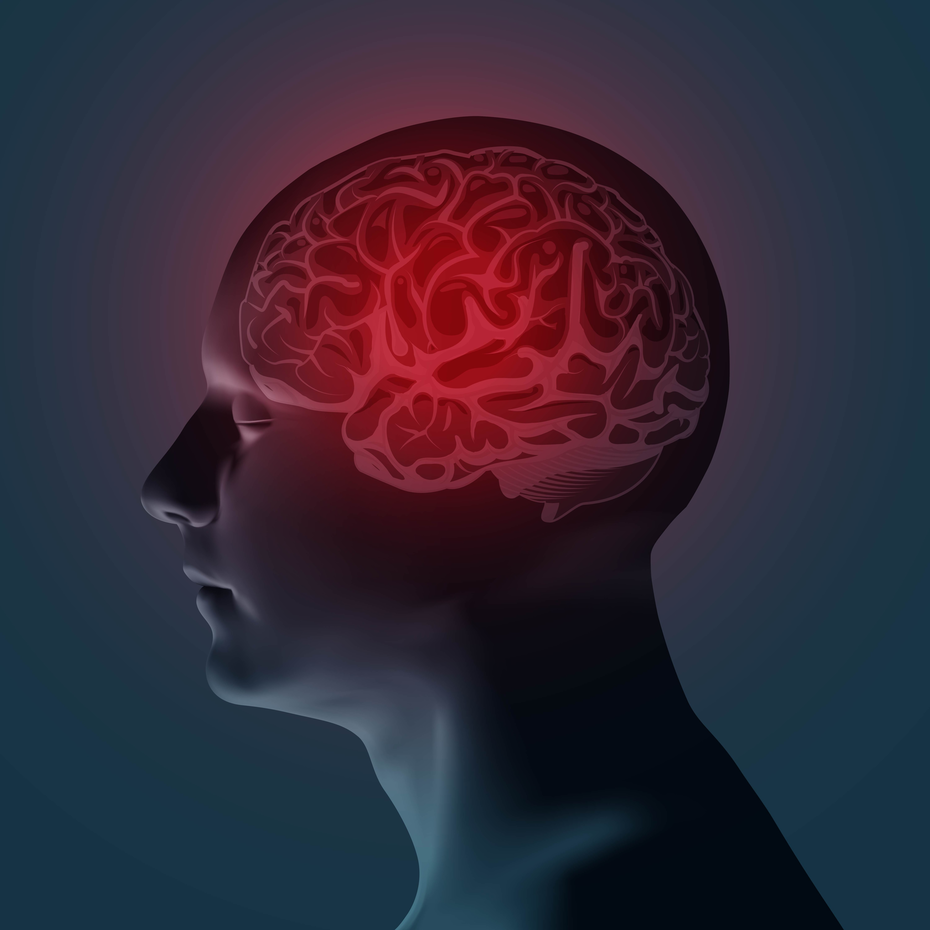Article
Experts Detail Stepwise Approach to Treating Tardive Dyskinesia
Author(s):
Treatment with the new VMAT-2 inhibitors is likely to transform TD management.

Movement disorder tardive dyskinesia (TD) may require a stepwise treatment approach, according to researchers.
Stanley Caroff (pictured), MD, emeritus professor of psychiatry at the Perelman School of Medicine at the University of Pennsylvania in Philadelphia, Pennsylvania, wrote in a pharmacological TD treatment review that the first step is to optimize antipsychotic treatment.
When the use of an antipsychotic agent is not essential, this step may include tapering and discontinuing it or replacing it with an agent from another drug class. If these approaches are not possible, decreasing the dosage of the antipsychotic agent may control TD, as may switching to another antipsychotic drug.
However, patients often resist such changes.
“Many times these patients have tried multiple antipsychotic medications to get to the stable combination. To talk about reversing it such as by removing it or reducing it or replacing it [is a] non-starter,” Laxman Bahroo, DO, associate professor of neurology at Georgetown University Hospital in Washington, DC, said.
If patients or their psychiatrists resist antipsychotic medication changes or if these changes do not control TD, Caroff recommended taking the next step — treatment with an antidyskinetic agent. One option is valbenazine (Ingrezza), which was approved for the treatment of TD by the US Food and Drug Administration this spring. Other options include deutetrabenazine (Austedo), tetrabenazine, and a variety of other pharmacologic agents, herbal preparations, and nutritional supplements.
Caroff made these points in a recent review based on a literature search of TD treatment papers published in English from September 2007 through November 2016. The search identified 26 studies in humans that evaluated pharmacologic agents for TD. In developing the review, Caroff was assisted by E. Cabrina Campbell, MD, associate professor of psychiatry at the University of Pennsylvania, and Benjamin Carroll, PharmD, in the Global Health Economics Department at Teva Pharmaceuticals in Frazer, Pennsylvania.
Regarding switching antipsychotic agents, Caroff and team cited one open-label randomized controlled trial (RCT) that found significant reduction in dyskinetic hand movements in 22 schizophrenic patients 3 months after switching to quetiapine, 400 or 800mg daily, from another antipsychotic agent.
And in a case series of 6 schizophrenic patients, switching to aripiprazole from another antipsychotic agent resulted in substantial and significant improvement in TD symptoms after 16 weeks. However, the review team noted that additional RCTs are needed to evaluate whether switching antipsychotic agents can manage TD.
Regarding antidyskinetic treatment, the team cited recent well-designed RCTs that support the efficacy and tolerability of valbenazine and deutetrabenazine for TD. These novel vesicular monoamine transporter-2 (VMAT-2) inhibitors also have a better safety and pharmacokinetic profile than tetrabenazine.
"The issue for psychiatric patients [with TD] was the concern about suicidality and worsening depression," Bahroo said. "Many patients would resist going on tetrabenazine because of that.”
According to Caroff and team, valbenazine and deutetrabenazine are likely to transform the management of TD. Nevertheless, they stress that results of short-term RCTs of these new agents must be tested and proven in the clinic over the long term, and these agents must be incorporated into a holistic, stepwise approach to the management of TD.
Although evidence for most other TD treatments besides VMAT-2 inhibitors is limited, the review team did identify several other pharmacologic agents that may reduce TD symptoms. These include amantadine (Symmetrel), ≤100mg 4 times daily, levetiracetam (Keppra), 500—3,000mg daily, piracetam, 4,800mg/daily, and zonisamide (Zonegran), 50–100mg daily.
As a result, they urged further investigation and substantiation of the benefits of non-VMAT-2 inhibitors in larger, placebo-controlled RCTs.
“People have used some oral medications like baclofen, antiepileptics like levetiracetam, and anticholinergics with mixed results,” Bahroo said. “One of the problematic features has been that these medications have not been very effective in treating TD. And of course there have been the additional side effects that these medications bring.”
The review team also identified a retrospective study of low-dose propranolol (Inderal) in 47 TD patients who had discontinued antipsychotic drugs. The beta-blocker reduced TD symptoms in nearly two-thirds of study patients, although 3 ceased treatment because of hypotension or nightmares. The team added that injections of botulinum toxin A may be useful for focal dystonias if specific muscle groups can be targeted.
Regarding herbal preparations, 3 placebo-controlled, 12-week RCTs that together included nearly 300 patients showed that adding gingko biloba extract, 240mg daily, to antipsychotic treatment reduced the severity of TD significantly more than placebo and was well tolerated. And the Asian combination herbal preparations yi-gan san, 7.5 g once daily, or kamishoyosan, 5 mg twice daily, reduced TD severity scores significantly in observational trials.
In addition, a small double-blind, placebo-controlled RCT found that the hormone melatonin, 20mg daily, reduced the Abnormal Involuntary Movement Scale score by >60% in 2 of 7 schizophrenic patients with TD, although it had no effect on the other 5 patients.
Regarding vitamins, vitamin B6, 1,200mg daily, was found to reduce the severity of TD significantly more than placebo in a systematic review, and vitamin E prevented TD symptoms from worsening in 5 of 10 placebo-controlled RCTs evaluated.
“There’s some data on vitamin B6 but nothing that rises to the level of a Phase 3 study that shows the benefit and separation from placebo that valbenazine has,” Bahroo said.
The review, “Pharmacological treatment of tardive dyskinesia: recent developments,” was published online last month in the Expert Review of Neurotherapeutics.
Related Coverage
Combination Drug Stops Late Parkinson's Progression, Dyskinesia Effects
Conditions of Alzheimer's & Cognitively Impaired Patients Worsened by Diagnosis-related Depression
Study Reveals T Cells' Aggression Against Parkinson's Effects





